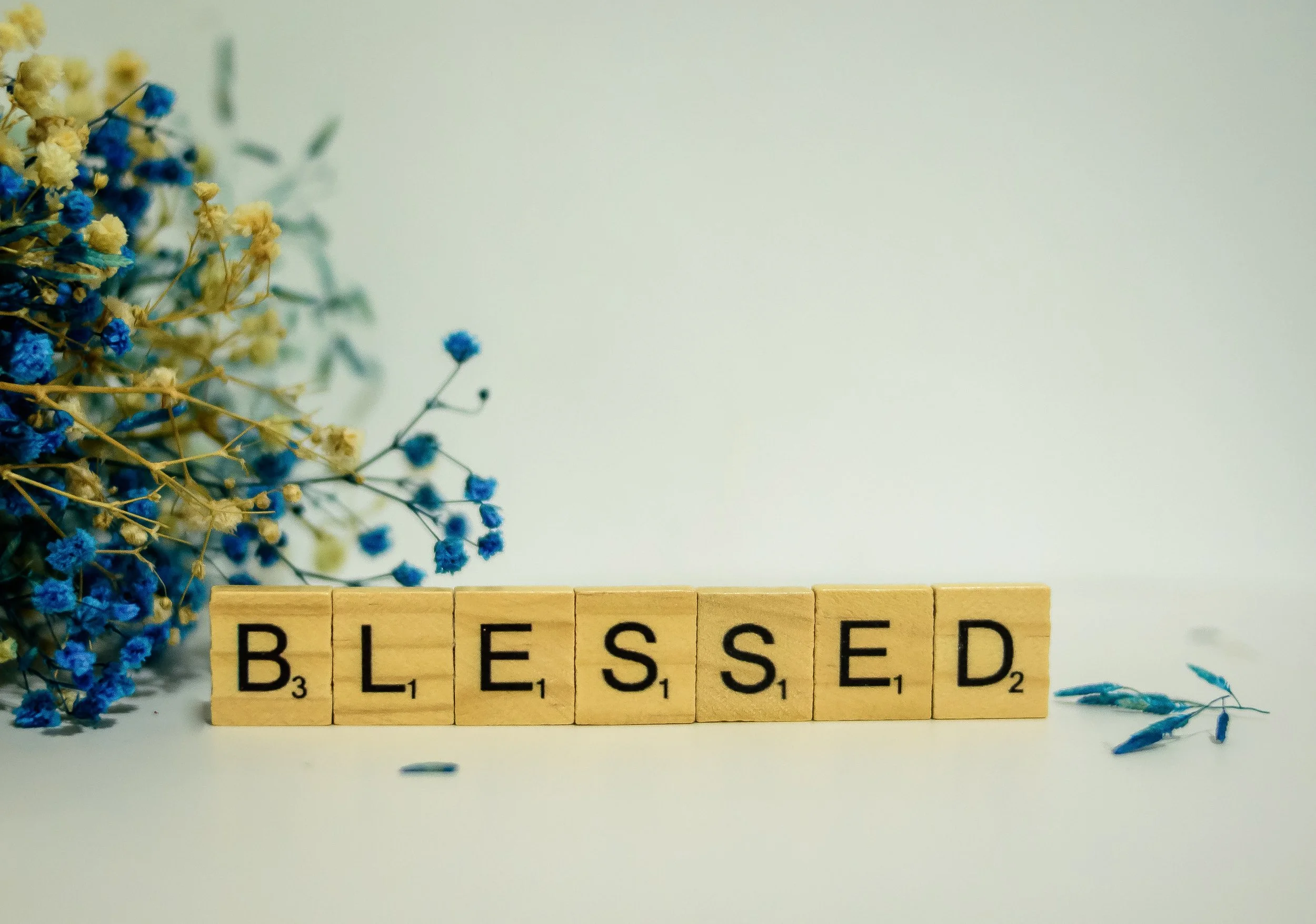[Un]reasonably outraged … by toxic gratitude
#blessed (Pic by Alex Shute Unsplash)
Practicing gratitude is the cocaine of mindfulness. With documented benefits to social, physical, psychological and health outcomes it’s been heralded as our one-way ticket to happiness.
Gratitude journals, morning affirmations, intentional focus on the things we should be thankful for: there is absolutely nothing wrong with any of these tools.
Hashtag blessed.
Numerous studies have found that the conscious blessing-counters amongst us are more optimistic about the future and generally feel better about their lives than those who don’t practice gratitude. And let’s be honest, society places a higher value on people who appreciate their lives compared to those who lament their circumstances.
But there is a dark side to this obsession. We’ve all heard of toxic positivity, (telling people to ‘look on the bright side’ when they’re going through a difficult time, using the term ‘everything happens for a reason’ when someone has suffered a loss etc.) but how about toxic gratitude?
Mel Robbins talks about this in a recent podcast. She goes into great detail about toxic gratitude and how we are practicing gratitude all wrong. In a nutshell, she says we are confusing thankfulness with gratitude.
Thankful = good manners. It’s in the moment, it’s something you don’t think much of once the moment has passed. It is a transaction. For example, you’re thankful someone held a door open for you.
Gratitude = deeply moved by the emotion of appreciation. The feeling lingers. It’s not expected, like thanks are. For example, you are grateful that someone took the time out of their day to call and check on you when they noticed you’d been a bit quiet in a meeting.
I’ve been thinking about the problematic nature of gratitude for a long time and Mel’s podcast solidified it for me. Good humans are thankful and grateful. That’s what we are taught from a very young age. But being a good human is complex. What happens when you feel grateful yet still hope for more? Does that make you ungrateful? Does that reduce you to one of those envious, negative Nancies who lives their life forever-wanting?
We can be grateful for our jobs because that means we can pay bills, but at the same time, dissatisfied with the environment in which we work. We can be grateful for someone’s help in a time of our lives where we have struggled, but also feel awkwardly indebted to them. We can be grateful for our local camping holiday but also hopeful that one day we might get to experience a European summer like every third person on Instagram.
Gratitude and other emotions (hope, regret, disappointment etc.) can co-exist because we are a complicated species with an array of desires and emotions. One does not negate the other.
This current culture of toxic gratitude silences people in a way that toxic positivity has also done. Where the latter bullies us into feeling like we must always find the optimistic sliver in the direst of circumstances (‘at least you’re alive’), toxic gratitude forces us to be forever appreciative for each step we take and shames us for wanting more (‘but you have what so many want’).
I hazard to suggest that the pressure to demonstrate gratitude is a particularly female trait. In this paper, author Summer Allen notes, “Several studies have found that girls and women report feeling more grateful than boys and men, possibly because boys and men— at least in the United States—may be more likely to associate gratitude with weakness or indebtedness.”
So, if gratitude is the wellness industry’s answer to happiness, but it is the Patriarchy’s answer to weakness, then where does that leave us? Strong men are unhappier? Weak women are more content?
Women have been trying to find our voices for decades and each time we edge forward, get a little louder, we are put back in our place. Expecting continual gratitude is one way to silence us. We ‘should be grateful’ for so many things: a partner who upholds their end of domestic chores, a childcare centre that nurtures our children while we work, a boss who allows us flexible working arrangements. We should be grateful for opportunities and promotions, for credit and rewards. But these are not gifts for which we need to be eternally grateful. They are vital parts of a functional and inclusive society. And many of them we have worked very hard to achieve.
To have a voice is to be seen and heard and that may involve requests, requirements, sometimes demands, often negotiations and definitely questions. None of these actions are consistent with showing gratitude. A fear of being labelled as ‘ungrateful’ often means we don’t advocate for ourselves or communicate our needs and ambitions.
There is a problematic side to gratitude that is not often discussed, and it is more visible when there are power imbalances at play. Women, minority groups and disadvantaged sectors of the population often suppress their hopes and aspirations because to be viewed as ungrateful for the good they have may risk that good being taken away.
Instead of drilling into us the rather narrow view that indebtedness is a moral strength and therefore a desired character trait exclusive to women, let’s work towards a social model that gives space for gratitude and hope (+ other emotions), that gives people a voice without branding them as unappreciative and therefore somehow less deserving of good fortune.
What do you think?
KOx


